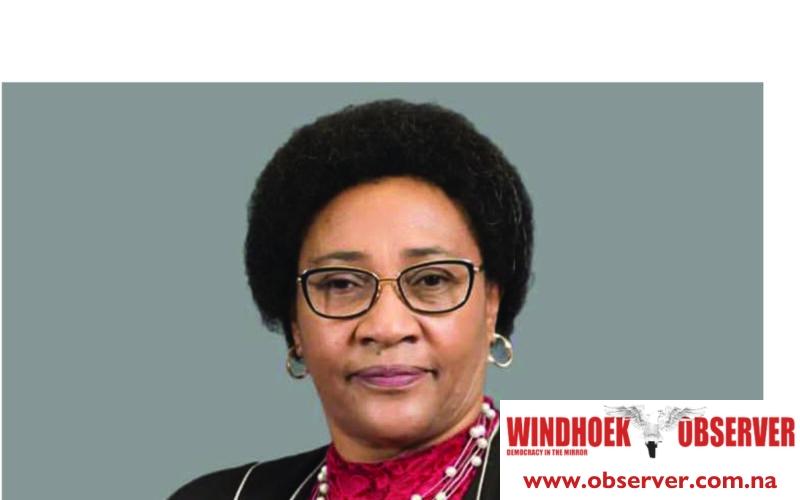Renthia Kaimbi
The governor of the Erongo region, Natalia /Goagoses, has called on all sectors to use the newly released census data to address the region’s 32% unemployment rate and to speed up development in line with the national agenda.
She made the call on Tuesday at the launch of the 2023 Census Report and the Erongo Regional Profile at the Swakopmund Multi-Purpose Centre. The event brought together local authorities, traditional leaders, and business representatives.
The census puts Erongo’s population at 240 206.
/Goagoses said the figures are more than just numbers, describing the data as a “factual snapshot of who we are as a people” and the key to “reshaping the future we aspire to.”
She said the results “should guide our planning for future programmes and serve as a compass” for achieving its goals.
“I therefore implore all our regional stakeholders, from government offices and local authorities to civil society organisations, private sector institutions, and our communities as a whole, to take ownership of this information,” she said.
She called the regional profile a “shared roadmap towards sustainable and inclusive development” and urged everyone to use it to drive community initiatives.
The region’s strategic plan focuses on infrastructure, education, health, environmental sustainability, economic empowerment, water, sanitation, and housing.
It is supported by a budget of N$487.7 million over five years. Ntelamo said the unemployment rate of 32% will serve as a key measure to design targeted interventions across constituencies.
/Goagoses said the census should guide decisions and track progress in improving lives.
She stressed that the results must be turned into concrete strategies.
/Goagoses urged communities in towns, villages, farms, lodges, and remote areas to participate.
She said, “Data collection sees no race, no gender, no affluent and gated communities, but sees all Namibians as a collective source of data.”
Erongo chief regional officer Mupenzeni Ntelamo said the release of the census comes at a critical time as the plan has just been finalised.
“We cannot carry out this mandate without a carefully analysed repository of data,” he said.
He added that the regional profile provides vital information for evidence-based decisions by the council, its agencies, and partners.



